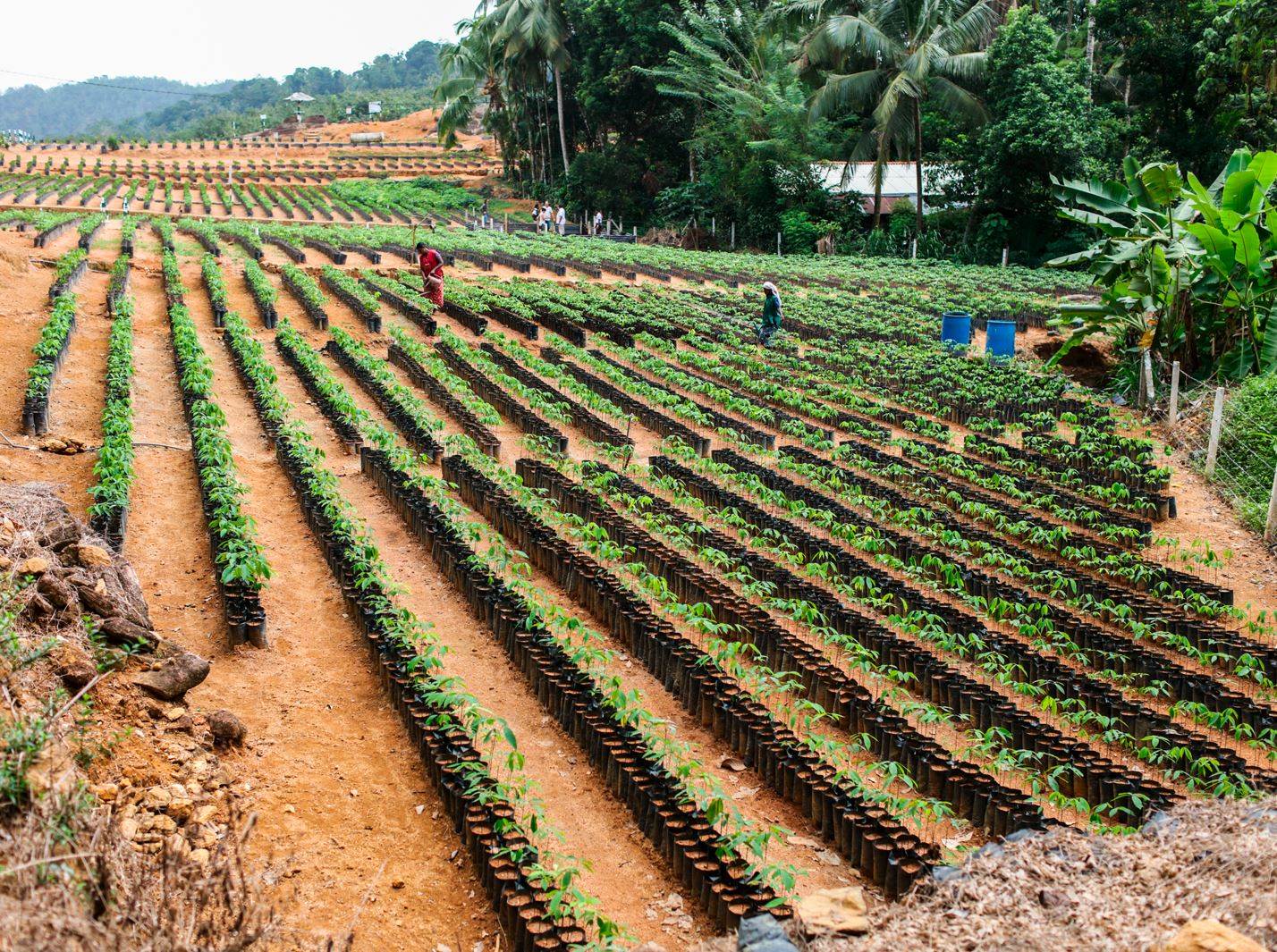Yulex confirms biodegradability of Yulastic filament

Natural rubber specialist Yulex has confirmed the biodegradability of its Yulastic filament, which it bills as a replacement for elastane in denims and socks.
The company has been refining the filament for several years, working with denim mills (see more in Inside Denim’s recent feature), and is close to launching the filament-containing fabrics with partners.
In aerobic (oxygen) conditions, microorganisms break down biodegradable materials into substances such as carbon dioxide, water and biomass. In anaerobic conditions (absence of oxygen), the process results in carbon dioxide and methane.
Compostable materials are a subset of biodegradable materials designed to fully decompose under specific conditions (for example, industrial composting). Not all biodegradable materials are compostable, but all compostable materials are biodegradable under controlled conditions.
Unvulcanised natural rubber is not cured and is inherently biodegradable. However, vulcanisation, a process that improves rubber’s strength, hardness and durability, alters its biodegradability. Vulcanisation involves adding agents, such as sulfur, that create crosslinks between polymer chains. While this enhances performance, it reduces biodegradability.
To evaluate biodegradability, a modified ASTM D5338 compostable testing for a period of 90-days was conducted, measuring CO2 emissions over that period.
Yulex has confirmed that tests indicate its Yulastic natural rubber filaments are biodegradable in one to two years.
The company said: "Yulastic natural rubber filaments strike a balance between durability and biodegradability, employing a vulcanisation level comparable to low-curative formulations."
Image: Rubber plantation. Credit: Yulex/Davies.










